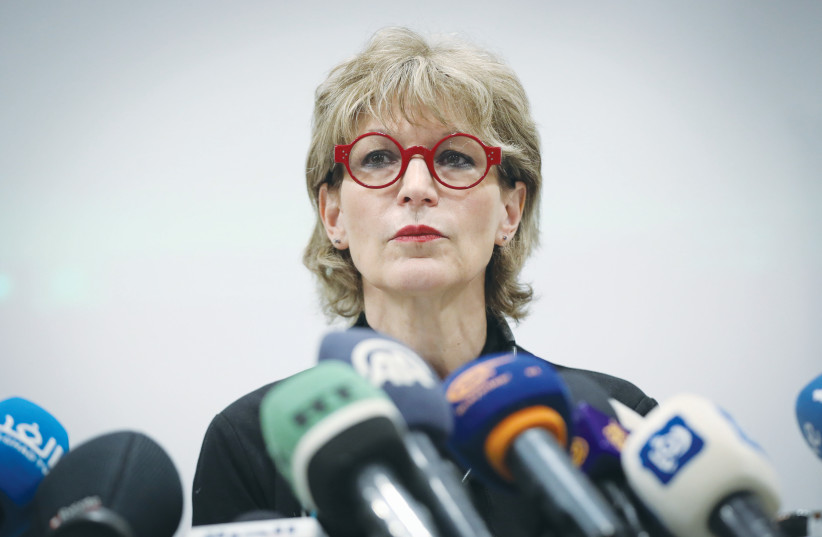Amnesty International's latest report on Iran is critical of the nation in its human rights record and its treatment of civilians, according to the organization's official website.
The report starts off by saying that in Iran, "thousands of people were interrogated, unfairly prosecuted and/or arbitrarily detained solely for peacefully exercising their human rights," with many people remaining imprisoned unjustly. Rights to freedom of expression and assembly were also reportedly suppressed.
Discrimination and violence in the nation are mostly targeted toward women, minorities and those who identify as LGBTQ+, the report says. Iran also reportedly regulated the right to freedom of religion, reproductive rights and internet access for civilians.
Mysoginist policies were often implemented in the nation, according to Amnesty, in relation to "marriage, divorce, employment, inheritance and political office."
The legal age of marriage in the nation is reportedly still 13, and marriages for girls around that age range increased between 2020 and 2021 according to the report.

Iran would also implement the death penalty for people who expressed "gender non-conformity" or were caught in a homosexual relationship. The state also heavily promoted conversion therapy, which often included torture, the report says.
In prisons, inmates are subjected to torture and even denied medical treatment.
People targeted for interrogation included political activists, journalists, artists and teachers.
The report also characterizes Iran as having an economic and environmental crisis with high inflation, as well as lower wages and employment rates, deforestation, water pollution and industrial waste.
Regarding Israel, Paul O’Brien, an Amnesty International official stated that he is opposed to Israel continuing to exist as a Jewish state last month. He followed that statement by saying that he does not believe polls showing mostly positive support for Israel by American Jews.
Ron Kampeas/JTA contributed to this report.
